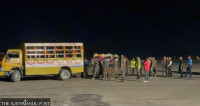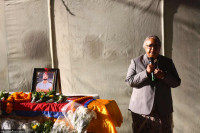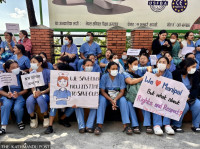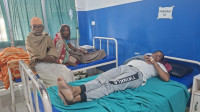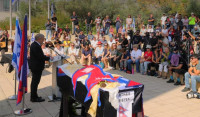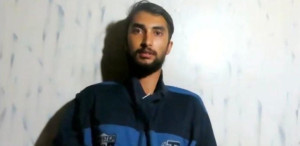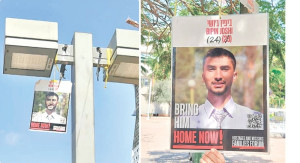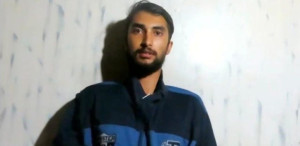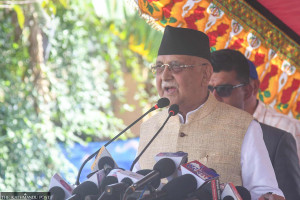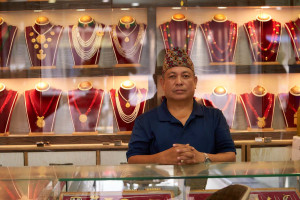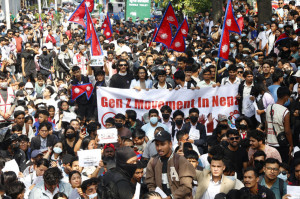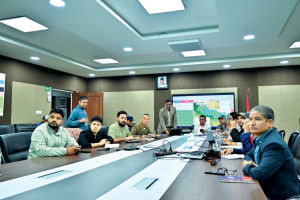National
Transgenders, hijras want better health, living condition
Transgender people and hijra activists from South Asia called for favourable policy and laws to improve health, living conditions and overall well-being of their communities in their region.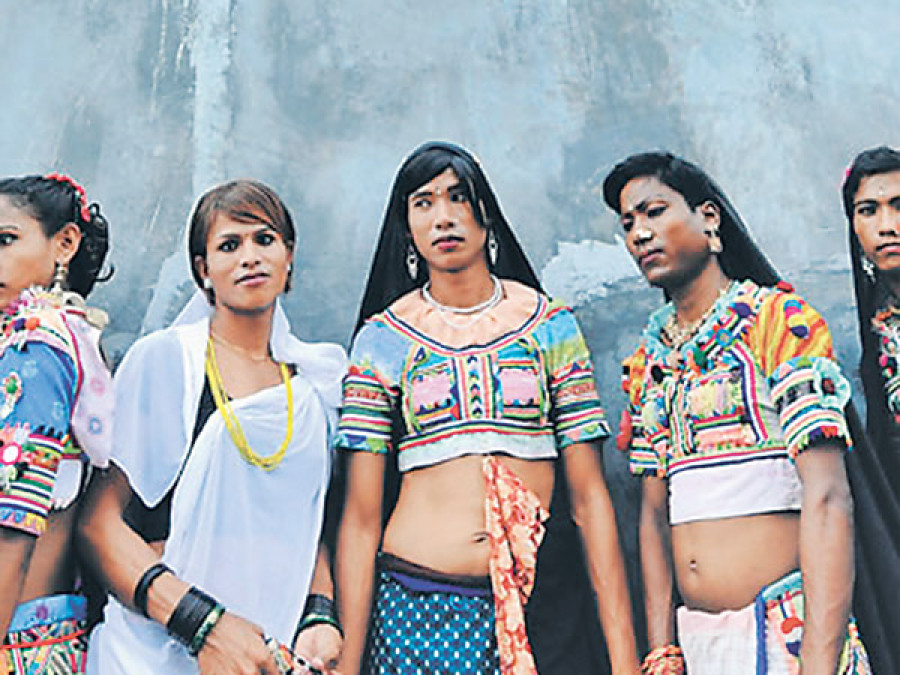
Over 70 participants, including transgender women, hijra and transgender men, civil society groups, and government departments, who attended a three-day consultation meet on, ‘The South Asia Transgender and Hijra Consultation: Advancing Trans and Hijra Rights and Health’, in Kathmandu discussed the hardships faced by the transgender community including issues concerning them while urging policymakers to support them by working on more “evidence-informed” policy and laws.
“We all have a role to play towards equality and social justice, from government to development partners, from officials from the rule of law institutions to activists from civil society,” said Renaud Meyer, UNDP Country Director for Nepal. “Transgender and hijra groups must take a lead in advocacy campaigns and engage all concerned stakeholders to ensure accountability and to support the achievement of greater results to improve the lives of these individuals.”
In South Asia, transgender people often find themselves pushed to the social, legal and economic margins of society thanks to pervasive stigma, discrimination, prejudice, harassment and abuse. In many places they live in fear of transphobic violence. This often leads to poor emotional health and well-being and to situations and behaviour patterns, including risky sex, which put their health at risk. Similarly, a UNDP report from 2012 on the health of transgender people found that in some areas of Asia up to 49 percent of this population were living with HIV. “Equality cannot be achieved through legal advancement and policies only, but also require changes in society’s attitudes and behaviour. I urge the community to stand up and take a lead“, said Minister for Information and Communication Minendra Rijal.
The consultation was jointly organised by Blue Diamond Society, Asia Pacific Transgender Network and UNDP under the Multi-Country South Asia Global Fund HIV Programme, with support from UNAIDS, USAID, PEPFAR and the Health Policy Project.




 17.12°C Kathmandu
17.12°C Kathmandu
